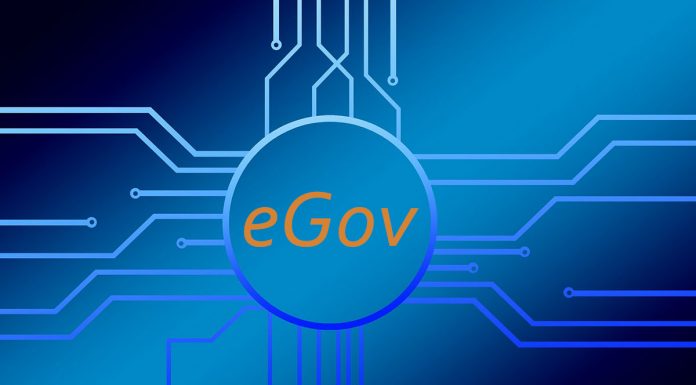To fully realize the benefits of artificial intelligence in government, governments must build citizens' confidence and trust in AI, said a report from American firm Boston Consulting Group (BCG). The newly launched report said that the ethical implications of AI as well as its potential impact on jobs are among citizens' top concerns.
Citing its survey, the company said that about thirty-two percent of respondents expressed unease about the potential ethical issues associated with AI, 31% were concerned about lack of transparency in AI-based decision making, 61% of respondents were worried about AI affecting the availability of work, and 58% believe governments need to regulate AI to protect jobs.
“AI has the potential to transform government policy and services delivery, generating enormous value for citizens,” said Miguel Carrasco, BCG Senior Partner and co-author of the report. “To fully realize the benefits of AI, governments need to do more to build citizens' confidence and trust in AI. This can be done by working with citizens and the private sector to establish clear frameworks to support the responsible and ethical use of AI.”
BCG said it surveyed more than 14,000 internet users around the world, asking them how comfortable they are with certain activities or decisions being made by a computer rather than a human, what concerns they have about the use of AI by governments, and to what extent they agree or disagree with certain statements in relation to the impact of AI on the economy and jobs.
The consulting firm said that most of the citizens expressed a positive net perception for use cases such as tax and welfare administration, assistance with services delivery, and identifying fraud and non-compliance. However, they were less supportive for the use of AI in areas such as health care and justice. As many as 71% of respondents agreed with the use of AI in optimizing traffic, whereas 51% of respondents disagreed with using AI to determine innocence or guilt in a criminal trial.
The report asserted that governments need to tread carefully when looking to harness AI to enhance the efficiency and impact of the services they deliver. Transparency into where and how AI is used in government will be essential to establishing legitimacy and credibility of the technology in citizens' eyes and to mitigate their concerns about any negative impact it might have on their lives.











